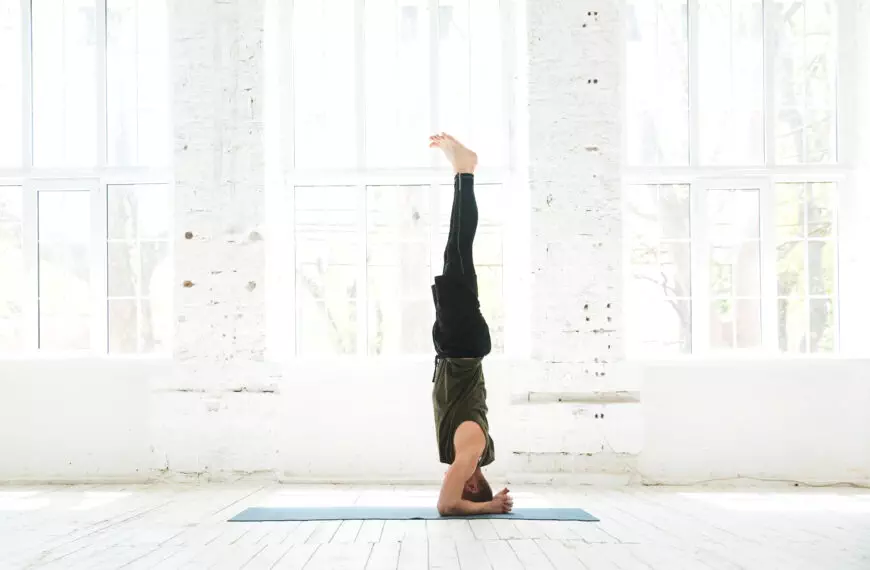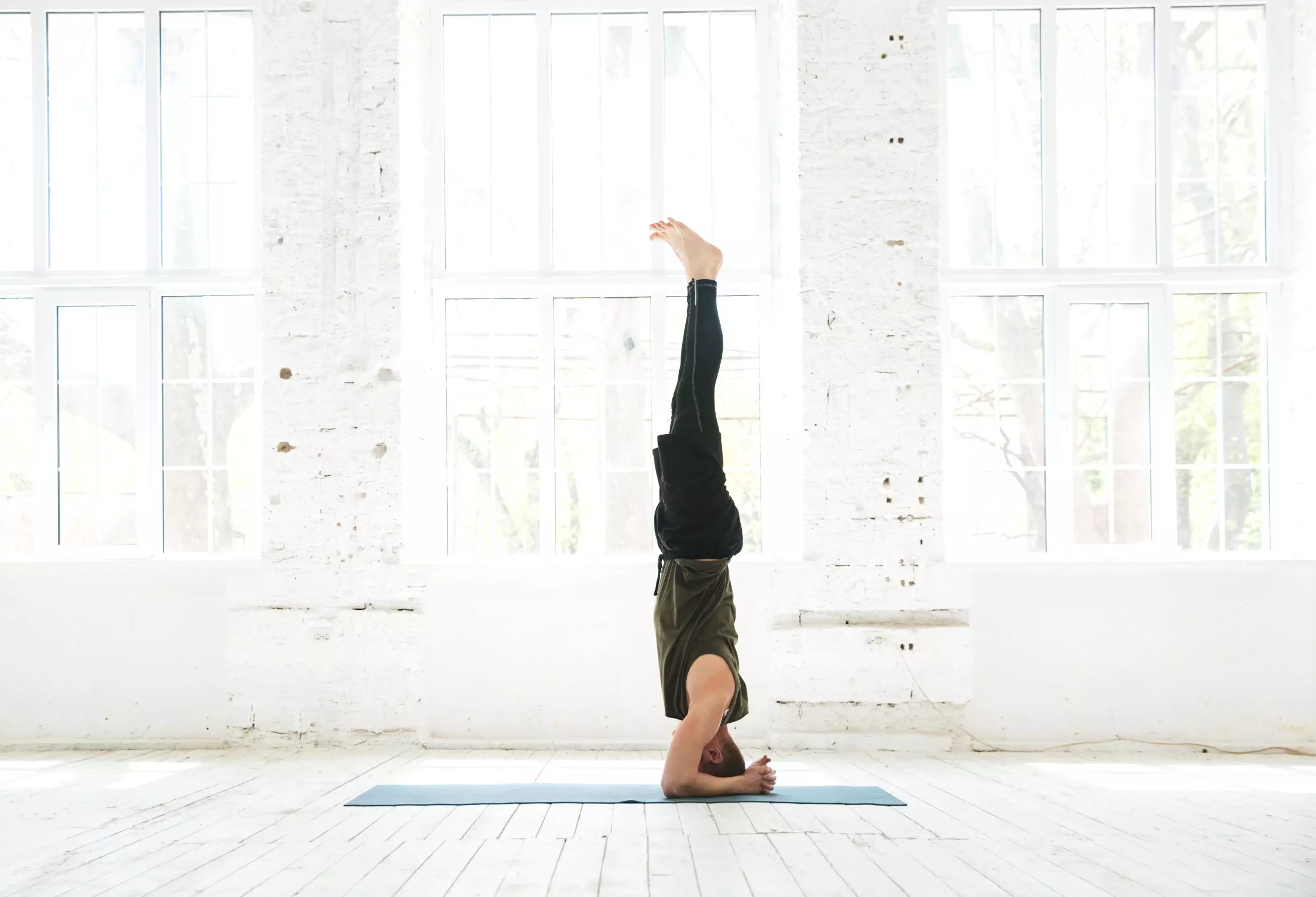Introduction to Overcoming Anxiety Through Balanced Living
Anxiety is a common mental health disorder that affects millions of people worldwide. It can be debilitating, causing individuals to feel overwhelmed and helpless in their daily lives. However, there are ways to overcome anxiety through balanced living. In this free 10-part course, you will learn how to create a more balanced lifestyle for yourself, which can help reduce your symptoms of anxiety and improve your overall wellbeing.
What is anxiety and how it affects your health
Anxiety is characterized by feelings of worry or fear that are persistent and excessive. These feelings can interfere with an individual’s ability to function normally in everyday life. Symptoms of anxiety may include sweating, trembling, rapid heartbeat, shortness of breath, and stomach upset. Additionally, chronic anxiety has been linked to physical health problems such as high blood pressure, heart disease, and depression.

The benefits of living a balanced lifestyle
Living a balanced lifestyle involves maintaining a healthy diet, getting regular exercise, managing stress levels, and prioritizing self-care. When these components are present in one’s life, they can lead to improved mental clarity, increased energy levels, better sleep quality, and reduced risk of chronic diseases.
How to create a balanced routine for yourself
Creating a balanced routine starts with identifying areas where you need improvement. This could involve setting goals around eating habits, exercise routines, or stress management techniques. Once you have identified these areas, you can begin making small changes to incorporate into your daily routine. For example, if you struggle with unhealthy eating habits, you might start by adding more fruits and vegetables to your meals or reducing processed food intake. Similarly, if you find yourself feeling stressed throughout the day, you might try taking breaks to practice deep breathing exercises or meditation.
Common myths about anxiety and why they are wrong
There are many misconceptions surrounding anxiety and its treatment. One common myth is that medication is the only solution for treating anxiety. While medication can be helpful for some individuals, it should not be seen as the sole answer. Another myth is that anxiety is simply a result of personal weakness or lack of willpower. In reality, anxiety is often caused by complex factors including genetic predisposition, environmental triggers, and psychological trauma.
Understanding the mind-body connection in overcoming anxiety
The mind-body connection plays a crucial role in overcoming anxiety through balanced living. The way we think and behave can impact our physical health, and vice versa. By practicing relaxation techniques like yoga or tai chi, individuals can promote both physical and emotional wellbeing. Additionally, engaging in activities that bring joy and fulfillment can boost mood and decrease anxiety symptoms.
Tips for managing stress and reducing anxiety through exercise
Exercise is a powerful tool for managing stress and reducing anxiety. Regular physical activity releases endorphins, which are natural chemicals that can improve mood and reduce pain perception. Exercising also helps lower cortisol levels, which is a hormone associated with stress response. Some great forms of exercise for reducing anxiety include running, swimming, cycling, or even just going on a walk outside.
Healthy eating habits that can help reduce anxiety
Eating a balanced diet rich in nutrients can support overall brain function and reduce symptoms of anxiety. Foods high in omega-3 fatty acids, such as salmon or walnuts, have been shown to reduce inflammation and improve mood. Additionally, consuming foods low in sugar and high in protein can provide sustained energy levels and prevent crashes that can exacerbate anxiety symptoms.
The role of sleep in maintaining mental health
Getting adequate amounts of sleep is essential for maintaining good mental health. Sleep deprivation can cause irritability, difficulty concentrating, and decreased cognitive function. Individuals who suffer from anxiety often experience interrupted sleep patterns, leading to further exhaustion and worsened symptoms. Prioritizing consistent bedtime routines and creating a calm environment for sleep can help improve sleep quality and reduce anxiety symptoms.
Conclusion: Take action today to overcome anxiety through balanced living
In conclusion, overcoming anxiety through balanced living requires intentional effort towards creating a holistic and healthy lifestyle. By following the tips outlined in this free 10-part course, individuals can take control of their mental and physical health and live their best lives possible.







